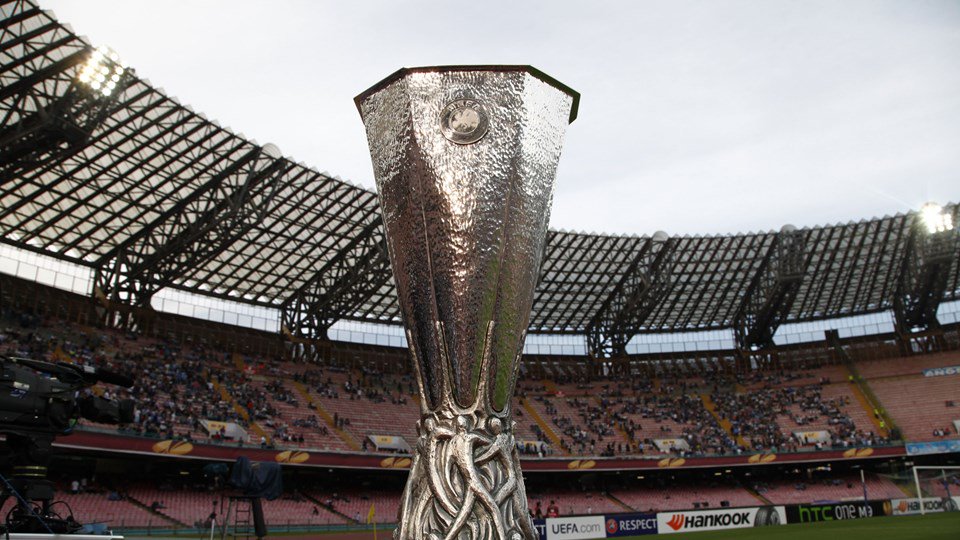Wednesday’s semifinal between Spain and Portugal has everything you want in a thrilling match; big names, interesting storylines, and tactical intrigue for hardcore fans.
Star Power
This game features some of the greatest players of the Spanish league in conjunction with a handful of the most underrated players in world football. Spain’s squad is undoubtedly stacked with world-caliber talent; its bench contains players that would for just about any teams in Europe. Portugal has perhaps the best or second-best (depending on who you’re talking to) player in the world in Cristiano Ronaldo; he and club teammates Fabio Coentrao and Pepe should have an interesting battle against not only their Real Madrid teammates, but Barcelona enemies playing for La Furia Roja.
Also featuring in this match are the undervalued Portuguese midfielders Miguel Veloso and Joao Moutinho. Although neither of these players have signature strengths or physical characteristics, they are extremely industrial players who work hard and can pick out the right pass more often than not. At right wing, Nani of Manchester United is a fearsome dribbler; while he hasn’t replicated his club form for Portugal, he is an extremely dangerous player and can be overlooked with Ronaldo lurking on the other wing.
Spain will bring its expected lineup, with five central midfielders listed in the middle of the pitch and on the wings (Andres Iniesta and David Silva will most likely work the flanks once more.) The biggest question Vicente del Bosque will have to answer is whether or not he will utilize an actual striker (assuredly Fernando Torres would get the start) or play Cesc Fabregas in a “false nine” role once more. Although Torres has been heavily criticized for the past 18 months, he seems to have slowly rekindled his form and could potentially have a considerable impact in this game.
Previous History Suggests…
These two teams faced off in the knockout round of the 2010 World Cup, which resulted in a tedious game Spain won 1-0. (Sounds familiar, no?) In the matchup in South Africa, Portugal’s defensive-minded midfielders (Pepe and Tiago) were relentless in pressing Xavi Hernandez, which resulted in the lack of a killer pass to Spain’s forwards. Portugal’s gameplan was correct in the sense that Spain’s metronomic passing would be disrupted due to heavy pressure; Spain’s lone goal occurred when David Villa escaped a borderline offsides call and scored on a rebound.
The 2010 game also saw Fernando Llorente come on for Torres, and Spain’s game had changed greatly once the huge Basque came on. Although he is usually one of the slowest men on the pitch, Llorente’s link-up play is vastly underrated; it was considerably better than Torres’ on this night. Llorente has no problem putting his back to goal and weighing his passing options (similar to a post player in basketball).
That being said, it is not peculiar to suggest that Wednesday’s game could resemble the one from two years ago. Spain will certainly dominate possession, and in the case they score first, monotonous passing will be the theme for the remainder of the game in order to lull Portugal towards vulnerability. Portugal needs to stay hungry for the football and fight for possession. Look for the Portuguese to do some serious man-marking on defense.
Keys to the Game
Portugal is obviously a bit of an underdog heading into the match, and their primary attacking option (Ronaldo) will need to have the game of his life. The Spanish center-back pairing of Gerard Pique and Sergio Ramos have been world-class defenders for the last few years, and will give very few opportunities to breach the back line. You have to believe that Del Bosque will have his players relentlessly press Ronaldo to frustrate him and attempt to prevent him from having any sort of influence on the game.
There is a significantly strong chance of Portugal coach Paulo Bento lining up his team in a 4-3-3 shape, which will mirror the formation of Spain. When two squads line up in a similar fashion, the game is decided by a series of individual battles moreso than positioning and tactical arrangement.
Portugal will have to choose between two mediocre strikers in Hugo Almeida and Helder Postiga to play up top alongside Ronaldo and Nani. While neither of them have anything resembling pace, they will have to occupy the Spanish center-backs with their physical strength, aerial ability, and occasional runs across the pitch. This will subsequently open up space for the dynamic wingers to cut inside and potentially wreak havoc.
For Spain, passing and possession is a given; what La Furia Roja need to employ is darting midfield runs. With up to 6 central midfielders up and down the pitch at the same time, the Spanish attack invariably becomes narrow and lacks creativity. This was best seen in the group stage games against Croatia and Italy: two close affairs that seemed to unveil a potential deficiency in the squad.
However, in the quarterfinal game against France, Xabi Alonso’s first goal epitomized what Spain needs to have maximum success. After a buildup in play, Jordi Alba’s left-wing cross found a streaking Alonso, who was completely unmarked 12 yards from goal. Alonso’s header put Spain up 1-0 and they never looked back. Utilizing both width and extra men running into the penalty area will open up a new dimension of Spain’s attack that can be extremely difficult to diffuse.
Official Prediction: Spain toughens up and grinds out a 1-0 victory


